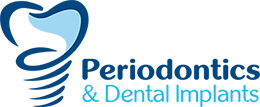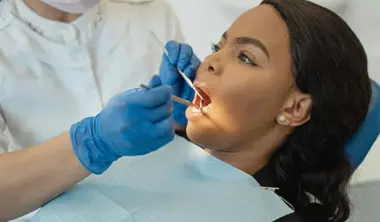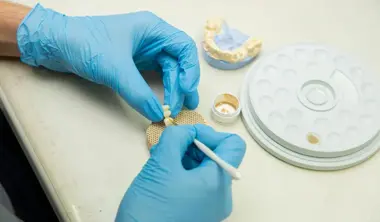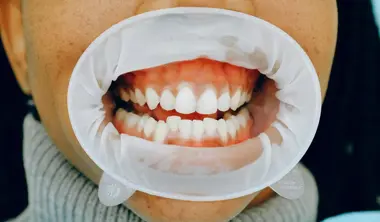
We Got Answers
Will I need surgery?
Not everyone needs periodontal surgery. If treated early, gum disease can be controlled without surgery. We will make recommendations based on your individual situation. Our philosophy of practice is to treat as conservatively as possible to attain treatment goals.
Do I need x-rays?
We will need current periodontal x-rays in order to see disease not otherwise visible. If your referring dentist has taken x-rays, you may request that they be forwarded to us.
Will my Insurance cover the cost?
Dental insurance policies often cover periodontal treatment. Please bring all medical and dental benefit information and cards to your examination appointment. Upon request, we will submit a claim to predetermine your insurance benefits; however, this is not required by most plans.
What if I don’t have gum treatment?
Will it hurt?
We will be as gentle as possible. The periodontal exam can be completed with little or no discomfort.
Can my teeth be saved?
What is the cost?
Since all patients are different, your Periodontist must complete your examination before establishing your treatment plan and the fee for care. The fee for periodontal treatment can vary considerably depending on the type of problems and the complexity and length of treatment. An approximate fee can usually be determined at the initial visit; but on occasion, some initial treatment or further diagnostics must be completed before the final treatment plan can be established.
When will I go back to my general dentist?
Our office and your Dentist will work closely together. If crowns and fillings are needed your Dentist will provide them. Regular visits to your Dentist are an important part of periodontal maintenance.







